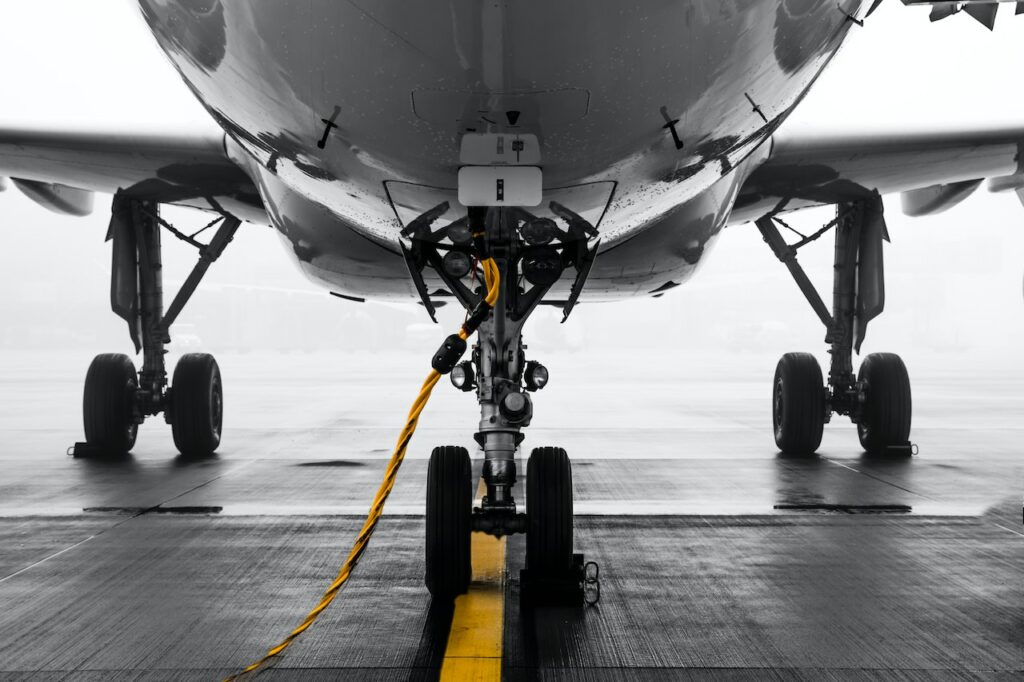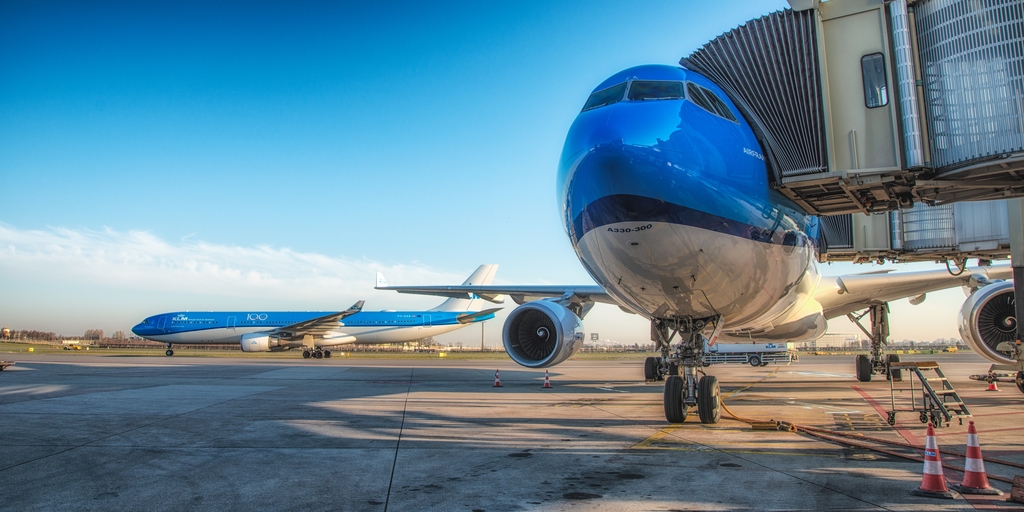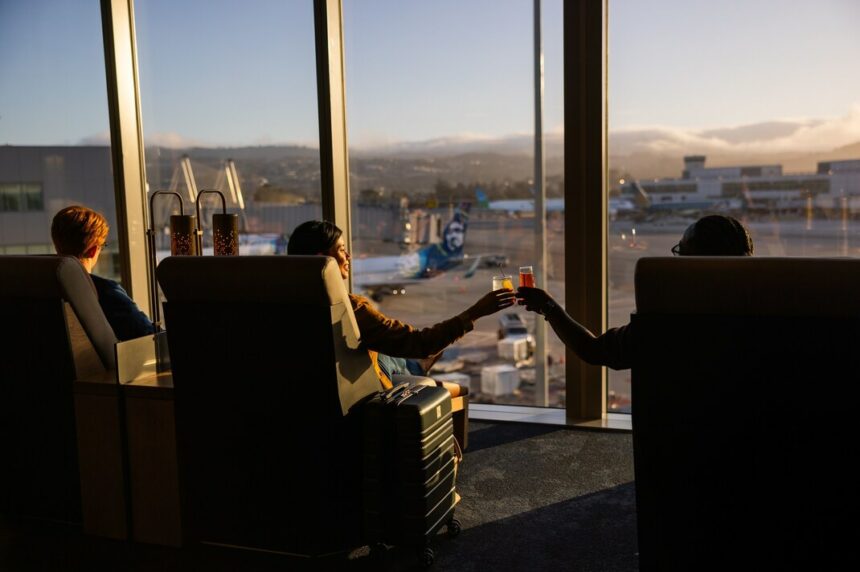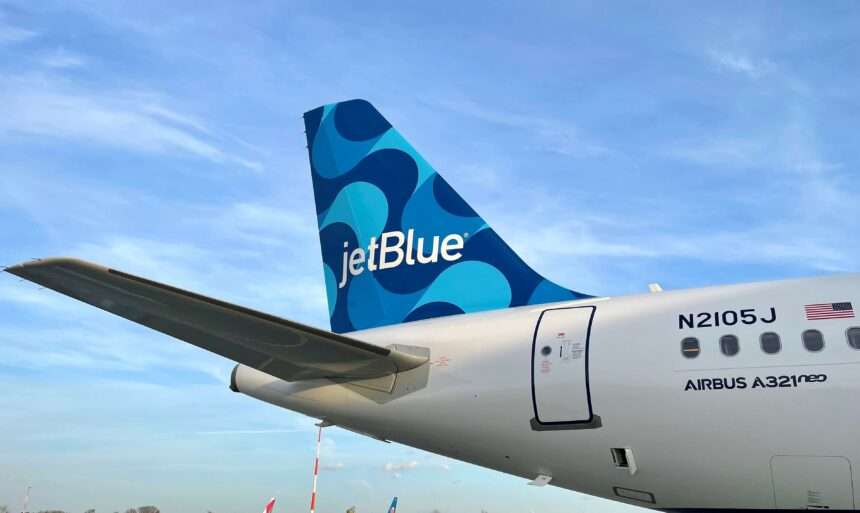The International Air Transport Association (IATA) inaugural World Safety and Operations Conference (WSOC) has now begun in Hanoi, Vietnam.
Launched under the theme, “Leadership in Action: Driving Safer and More Efficient Operations”; this year’s event is hosted by Vietnam Airlines, a carrier that has been at the forefront of the aviation industry’s safety endeavors.
WSOC’s Inaugural Address
The WSOC kicked off with a set of powerful opening speeches delivered by distinguished figures:
Tran Luu Quang: Deputy Prime Minister of the Socialist Republic of Vietnam
Nguyen Van Thang: Vietnam Ministry of Transport
Dang Ngoc Hoa: Chairman of Vietnam Airlines
These notable leaders emphasized the paramount importance of safety in aviation, setting the tone for an event dedicated to enhancing safety in flight operations, cabin operations, and emergency response.
Willie Walsh, IATA’s Director General, remarked on the significance of the Hanoi conference, stating, “Safety is aviation’s highest priority,” and he commended the high-level government participation and the impressive turnout of over 550 safety professionals.
Participants represent approximately 100 airlines, aviation regulators, aircraft manufacturers, and other safety stakeholders.
Walsh also highlighted Vietnam’s strategic location in Asia and its robust economic growth, making it an ideal host for the WSOC. He expressed his pleasure at having Vietnam Airlines, with its expanding global route network, as the host airline for the event.
Le Hong Ha, President and CEO of Vietnam Airlines, who participated in the CEO panel alongside Stanley K. Ng, President and COO of Philippine Airlines, and Nick Careen, IATA’s Senior VP of Operations, Safety, and Security, stated, “Safety is at the core of every airline.”
He emphasized Vietnam Airlines‘ commitment to its vision, mission, and core values as a responsible airline group.
Le Hong Ha also extended a warm welcome to the global safety community, expressing the airline’s eagerness to facilitate knowledge sharing and transformation for a safer aviation industry.
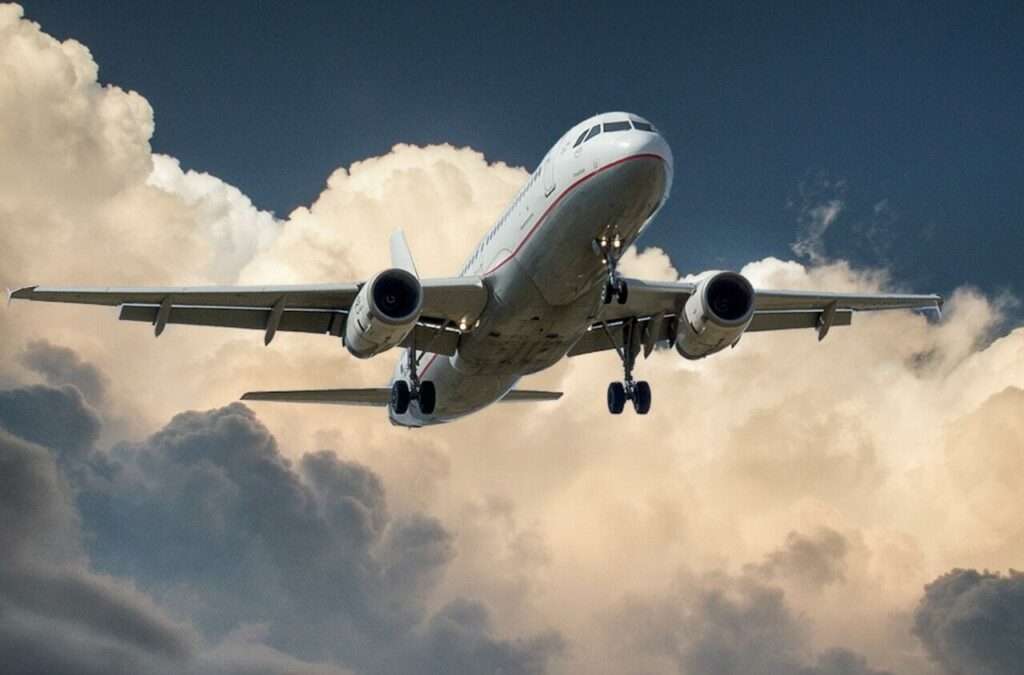
WSOC Agenda: Charting the Course for Safety
The WSOC agenda is packed with compelling topics and initiatives that are poised to shape the future of aviation safety. Here are some key highlights:
IATA Safety Leadership Charter: Fostering a Culture of Safety
A major highlight of the WSOC is the launch of the IATA Safety Leadership Charter, which boasts signatories from safety leaders representing more than 20 airlines.
This charter is the result of collaborative efforts between IATA members and the wider aviation community.
Its primary objective is to empower executives in cultivating a positive safety culture within their respective organizations.
Evolution of the IATA Operational Safety Audit (IOSA)
This year marks the 20th anniversary of the IATA Operational Safety Audit (IOSA). The WSOC will explore the transition of IOSA towards a risk-based model, where audits will be customized to suit the risk profiles of individual airlines.
This shift reflects the industry’s commitment to continuous improvement and adaptability.
Enhancing Accident Investigation Reports
The conference will emphasize the importance of prompt and thorough state accident investigation reports to enhance safety measures. Learning from past incidents is crucial for preventing future ones.
Runway Safety, Passenger Behavior, and Crew Well-being
WSOC attendees in Hanoi will also delve into critical topics such as runway safety, managing unruly passengers, cabin crew health and well-being, and the ever-evolving landscape of pilot training.
Aviation’s Economic Impact on Vietnam
Beyond its safety implications, aviation plays a pivotal role in Vietnam’s economic landscape.
According to 2019 (pre-pandemic) data, aviation contributed a substantial $11.7 billion to the country’s GDP, including spending by foreign tourists arriving by air, accounting for 5.5% of the GDP.
Additionally, aviation supported a staggering 2.5 million jobs, including those in the tourism sector. These figures underscore the undeniable value of aviation to Vietnam’s economic well-being.





